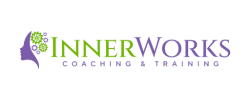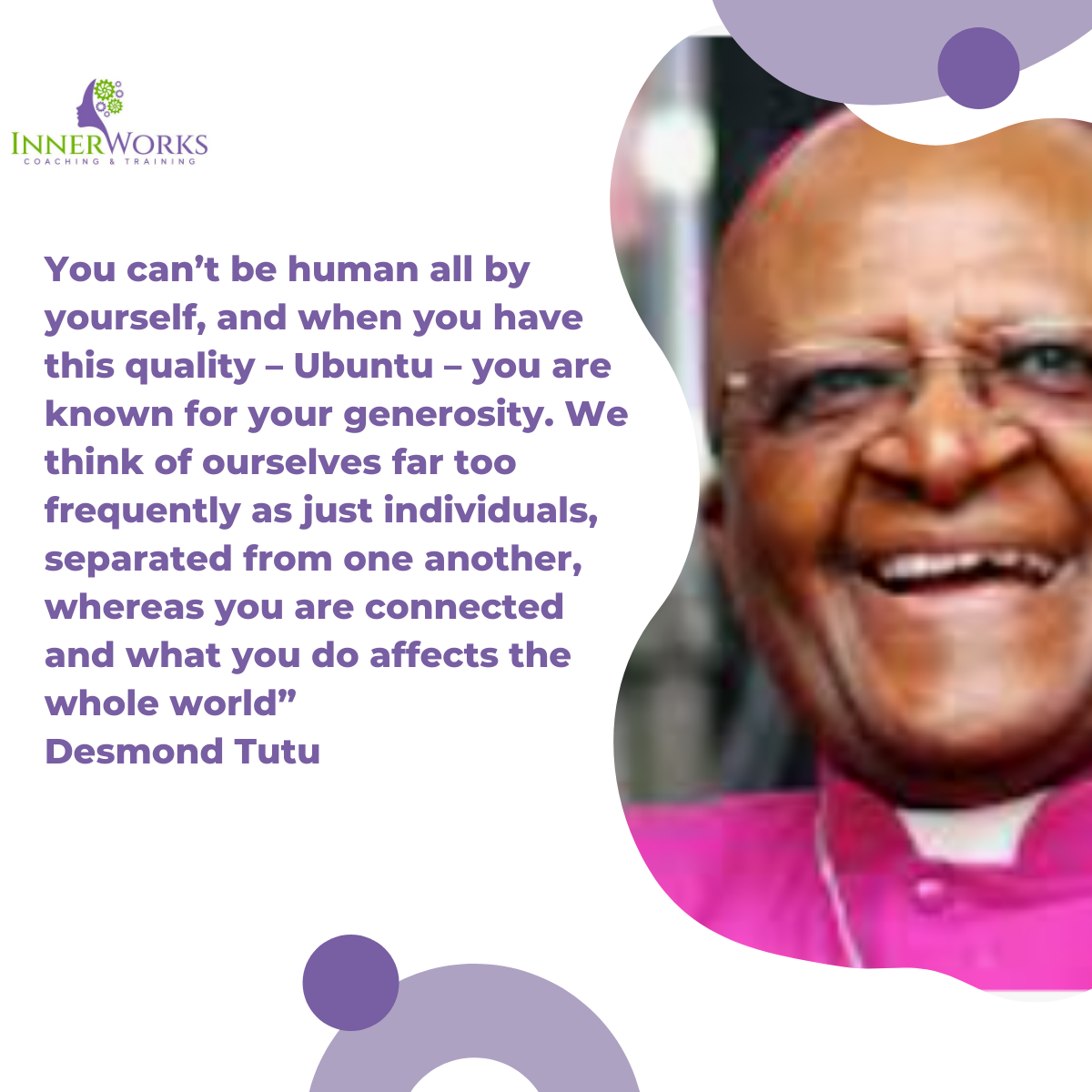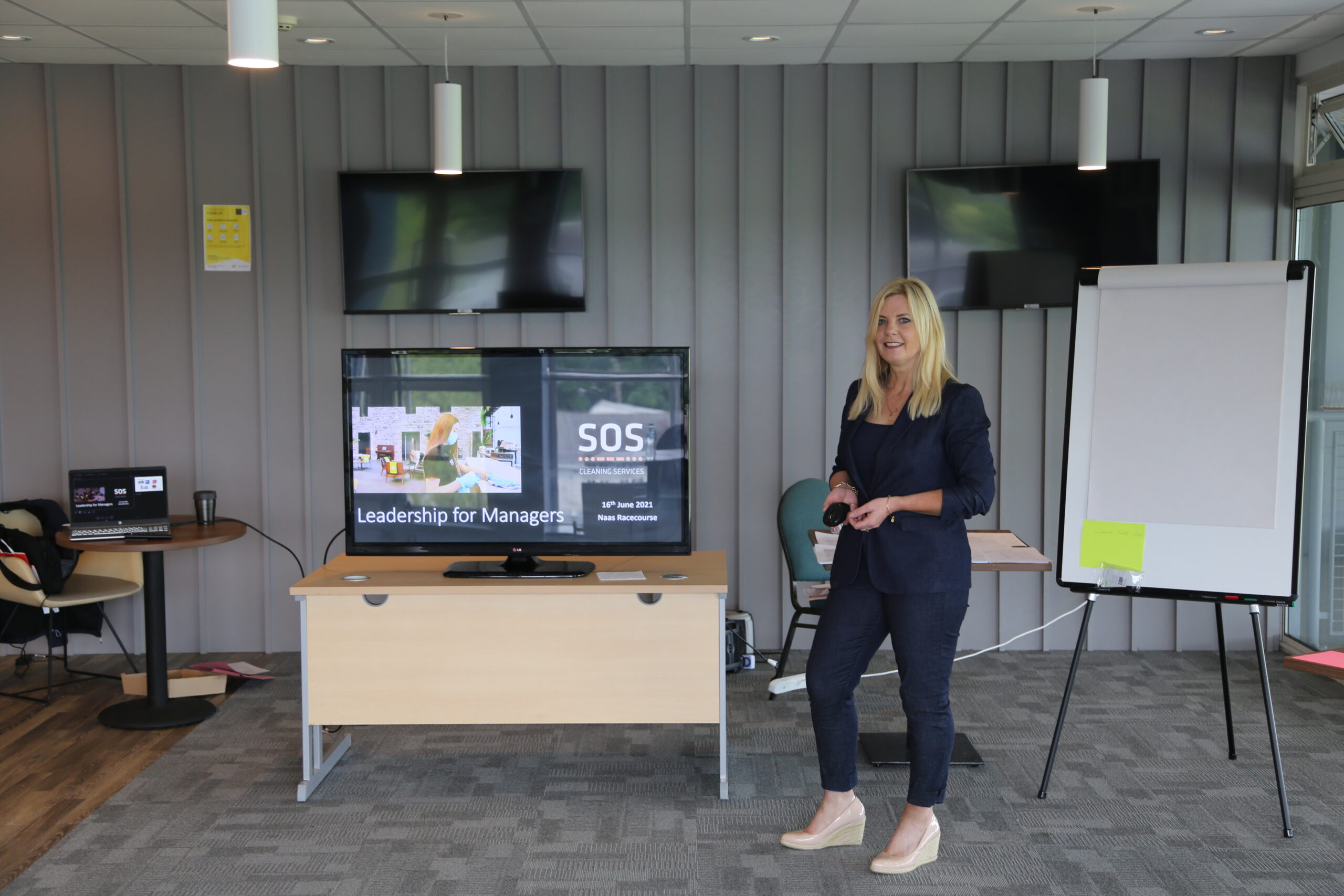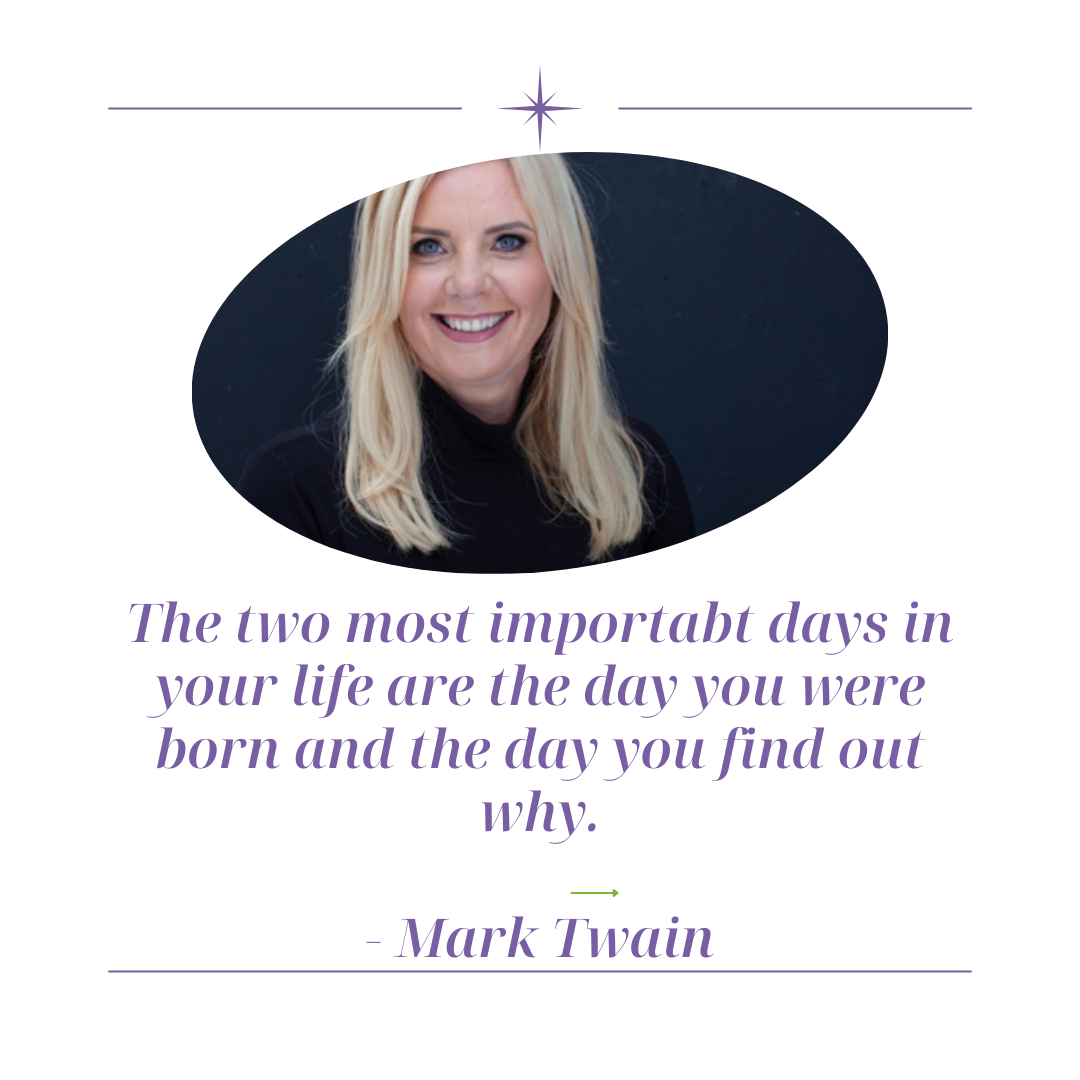Choosing the Right Coach: A Guide for Dublin Residents
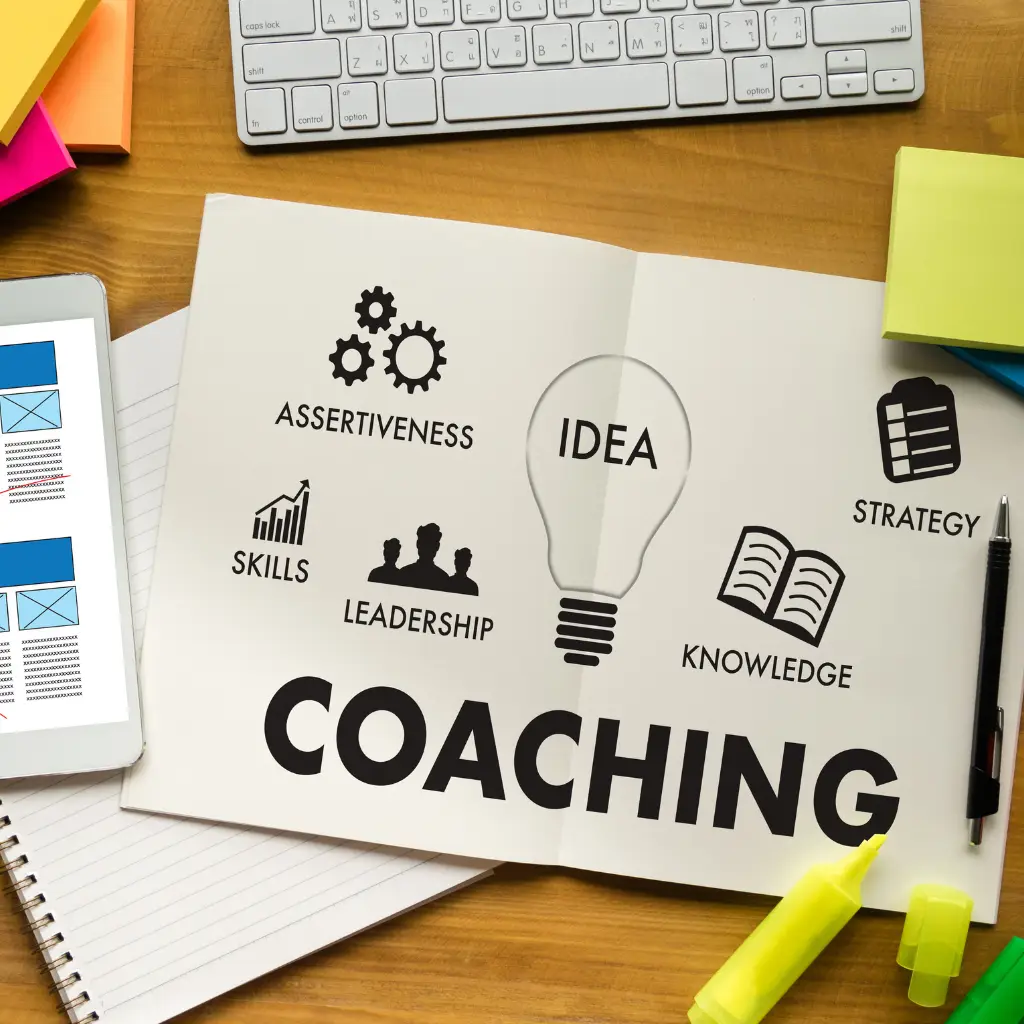
Embarking on a journey of personal and professional growth through coaching is an admirable decision, but finding the right coach can be a pivotal challenge. For residents of Dublin, Ireland, seeking professional coaching services, this blog serves as a guide to ensure they make the best choice for their unique needs and aspirations.
Define Your Goals
The first step in finding the right coach in Dublin is to define your goals. Are you seeking career advancement, personal growth, improved well-being, or a combination of these? Understanding your objectives will help you narrow down your search and find a coach who specializes in your area of interest.
Credentials and Experience
Dublin boasts a diverse pool of coaches, each with their own set of credentials and experiences. Look for coaches who are accredited by recognized coaching associations. Additionally, consider their experience and track record. Coaches with a proven history of helping clients achieve their goals are a valuable find.
Specialization Matters
Coaching is not one-size-fits-all. Different coaches have expertise in various areas, such as leadership development, career transitions, or personal growth. Choose a coach whose specialization aligns with your goals. Their expertise will ensure you receive targeted guidance and support.
Personal Chemistry
A successful coaching relationship relies on a strong rapport between coach and client. Seek out coaches with whom you feel comfortable and can communicate openly. Many coaches in Dublin offer initial consultations to gauge compatibility. Take advantage of these opportunities to find a coach whose personality and approach resonate with you.
References and Testimonials
Don’t hesitate to ask for references or read testimonials from past clients. Hearing about others’ experiences can provide valuable insights into a coach’s effectiveness and their ability to meet clients’ needs.
Transparent Pricing and Policies
Understanding the financial aspects of coaching is crucial. Dublin residents should inquire about a coach’s pricing structure, session duration, and any additional fees. Clear communication about payment terms and cancellation policies is essential to avoid misunderstandings.
Assess Progress and Adapt
Coaching is a dynamic process, and it’s essential to regularly assess your progress with your coach. If you feel that your goals or needs are evolving, communicate this with your coach so they can adapt their approach accordingly.
Trust Your Instincts
Ultimately, trust your instincts when choosing a coach. If something doesn’t feel right or you have reservations, it’s okay to continue your search. Finding the right coach in Dublin is a personal journey, and your comfort and confidence in your choice are paramount.
In conclusion, the path to personal and professional growth in Dublin is illuminated by the guidance of a skilled coach. By following these tips and guidelines, Dublin residents can embark on their coaching journey with confidence, knowing they’ve made the best choice to support their aspirations and dreams in this thriving city.

So, take it from me – someone who has navigated the complexities of conflicts in leadership for three decades – and prioritize conflict management as an essential skill to master. Your journey as a remarkable team leader begins with the willingness to tackle conflicts head-on and transform them into stepping stones toward success.
Embracing conflict management is not just about resolving disputes; it's about empowering yourself to lead with confidence and inspire your team to thrive.
Become an exceptional team leader with 1 click
Tips to becoming an expert in Conflict Management:
Cultivate Emotional Intelligence:
Drawing from my 30 years of experience, I cannot emphasise enough the importance of developing emotional intelligence as a conflict management tool. Understanding and managing your own emotions as well as those of your team members is crucial for successful resolution. By being aware of emotions and practising empathy, you can approach conflicts with sensitivity and address underlying issues more effectively.
Create a Culture of Feedback and Learning:
Encourage a culture of continuous feedback and learning within your team. Regularly provide constructive feedback to team members and foster an environment where everyone feels comfortable giving and receiving feedback. Constructive feedback helps prevent conflicts from escalating and supports individual growth. Moreover, learning from past conflicts and implementing improvements will fortify your team’s conflict resolution capabilities.
Stay Neutral and Objective:
As a seasoned leader, it is essential to maintain neutrality and objectivity when addressing conflicts. Avoid taking sides or showing favouritism, as this can exacerbate tensions and undermine trust. By remaining impartial and focusing on the facts, you can facilitate an unbiased and fair resolution process that is acceptable to all parties involved. Institute Conflict
Resolution Training:
Consider implementing conflict resolution training for your team members. By providing them with the necessary tools and techniques to handle conflicts constructively, you empower them to resolve minor disputes on their own and escalate only when necessary. Investing in conflict resolution skills enhances the overall team dynamics and promotes a harmonious work environment. Remember, conflicts are an inevitable part of any team dynamic, but with the right approach and strategies, you can turn them into opportunities for growth, collaboration, and strengthened relationships.
